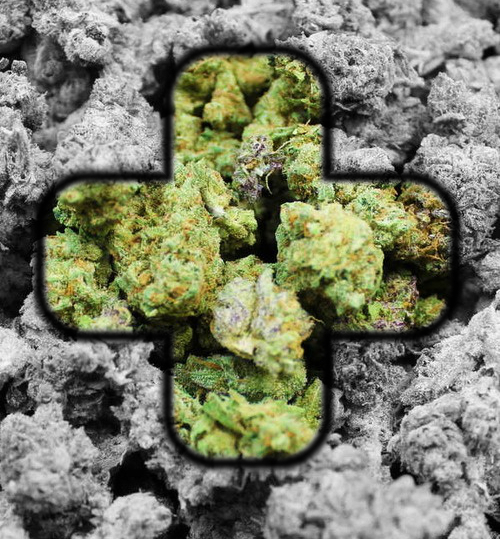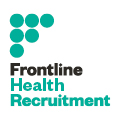Cannabis gaps surveyed
 Experts have described medicinal marijuana as the “Wild West” of Australian healthcare.
Experts have described medicinal marijuana as the “Wild West” of Australian healthcare.
Researchers have conducted interviews with 17 Australian healthcare practitioners, highlighting the barriers to accessing cannabis-based treatments.
Healthcare professionals cite a significant lack of knowledge about medicinal cannabis as a major obstacle.
This gap in understanding includes the drug's pharmacology, evidence of efficacy, product availability, dosage guidelines, adverse reactions, and contraindications.
A psychiatrist told researchers; “We don't see [medicinal cannabis] being used in hospitals when we're training ... You develop that familiarity and comfort in prescribing through seeing other people do it. We don't have that with cannabis”.
This lack of familiarity leaves many practitioners unprepared and hesitant to prescribe these treatments.
They also said that the process of prescribing medicinal cannabis is time-consuming and fraught with legal uncertainties and high costs.
Medicinal cannabis does not enjoy the subsidies that many pharmaceuticals do under Australia’s Pharmaceutical Benefits Scheme, making it prohibitively expensive for many patients.
“I never prescribe it ... all the forms and bureaucracy, it's too much of a hassle,” one doctor claimed.
There is also apprehension about potential legal liabilities, particularly concerning patients driving under the influence of THC.
Despite a shift towards more positive attitudes within the broader medical community, stigma remains a significant barrier too.
This stigma manifests in both scepticism over the drug’s medical legitimacy and outright hostility towards prescribers.
Additionally, the practitioners' perspectives on the effectiveness of medicinal cannabis vary widely, influencing their willingness to prescribe it.
While some recognise its potential, particularly for symptom management in chronic illnesses, others remain cautious, awaiting more robust scientific evidence to support its use.
The study calls for a multi-faceted approach to support safe and appropriate patient access to medicinal cannabis.
This includes better education and training for healthcare providers, clearer guidelines on prescribing and dosing, and more comprehensive clinical research into the drug’s efficacy and safety.
“There's all sorts of weird stuff going on because it's the wild west of medicine at the moment in some regards,” one specialist said.
With the chaotic and semi-regulated nature of the current market, both practitioners and patients are left navigating a murky legal and professional landscape.







 Print
Print


